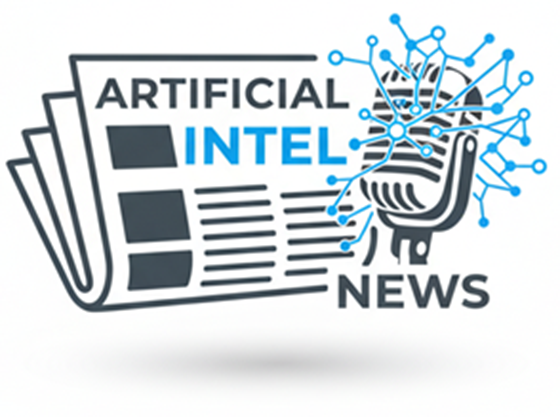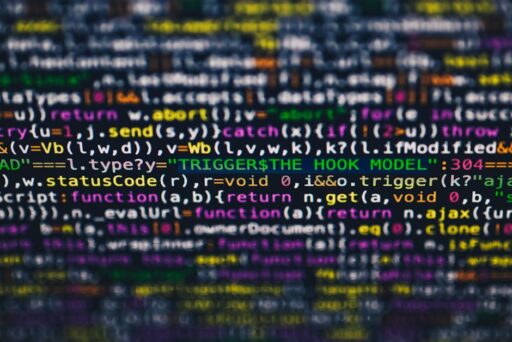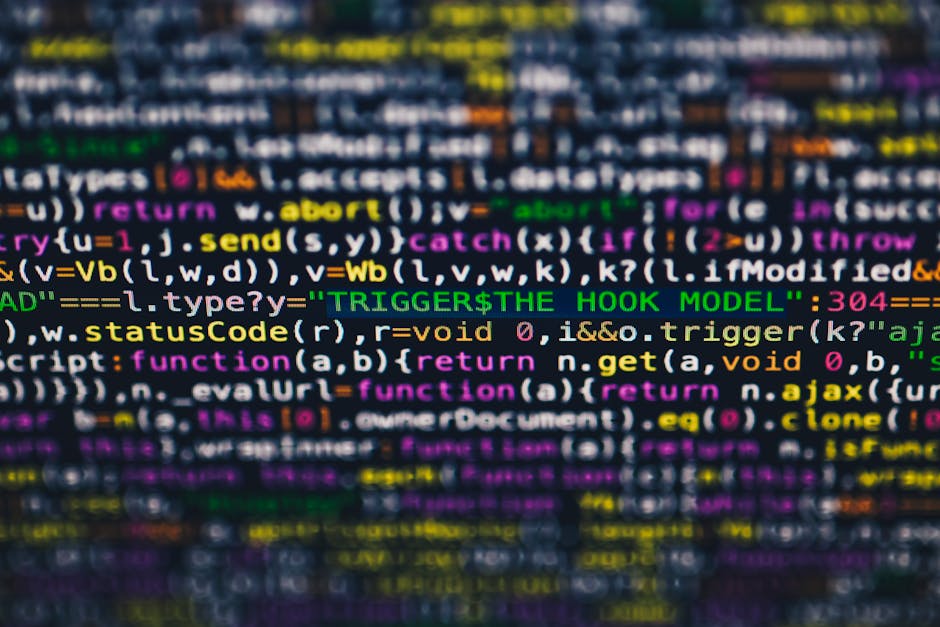The Role of AI in Modern Software Development: A Case Study
In the ever-evolving landscape of software development, the integration of artificial intelligence (AI) has become a pivotal point of discussion. AI coding assistants have reshaped how developers approach repetitive tasks, but the journey to full adoption is often fraught with challenges. This article delves into a notable case where a major tech company enforced AI tool adoption among its engineers, exploring the motivations, execution, and implications of such a strategy.
The Push for AI Adoption
In an era where AI tools are ubiquitous in the tech industry, one company’s leadership took a bold step to ensure all engineers utilized these resources. The CEO mandated that every engineer onboard AI coding assistants, emphasizing that AI competency was critical to the company’s innovative future. The initiative aimed not only at increasing productivity but also at fostering a culture of continuous learning and adaptation.
Resistance and Resolution
Despite the clear directives, not all engineers embraced the change immediately. Some faced genuine obstacles, such as being unavailable due to personal commitments, while others were hesitant to shift from traditional coding practices. The company addressed these issues through direct communication and additional training sessions, underscoring the importance of AI proficiency.
Lessons Learned and Future Directions
This case study illustrates the complexities involved in implementing new technologies at scale. While the initial approach was stringent, it set a precedent for the critical role AI plays in modern development environments. Moving forward, the company plans to enhance its AI training programs and encourage knowledge sharing among teams, ensuring that all employees can leverage AI tools effectively.
Conclusion
As AI continues to evolve, its impact on software development will only grow. Companies must navigate the balance between innovation and implementation, ensuring that their workforce is equipped to handle the technological advancements that define the future of the industry.






